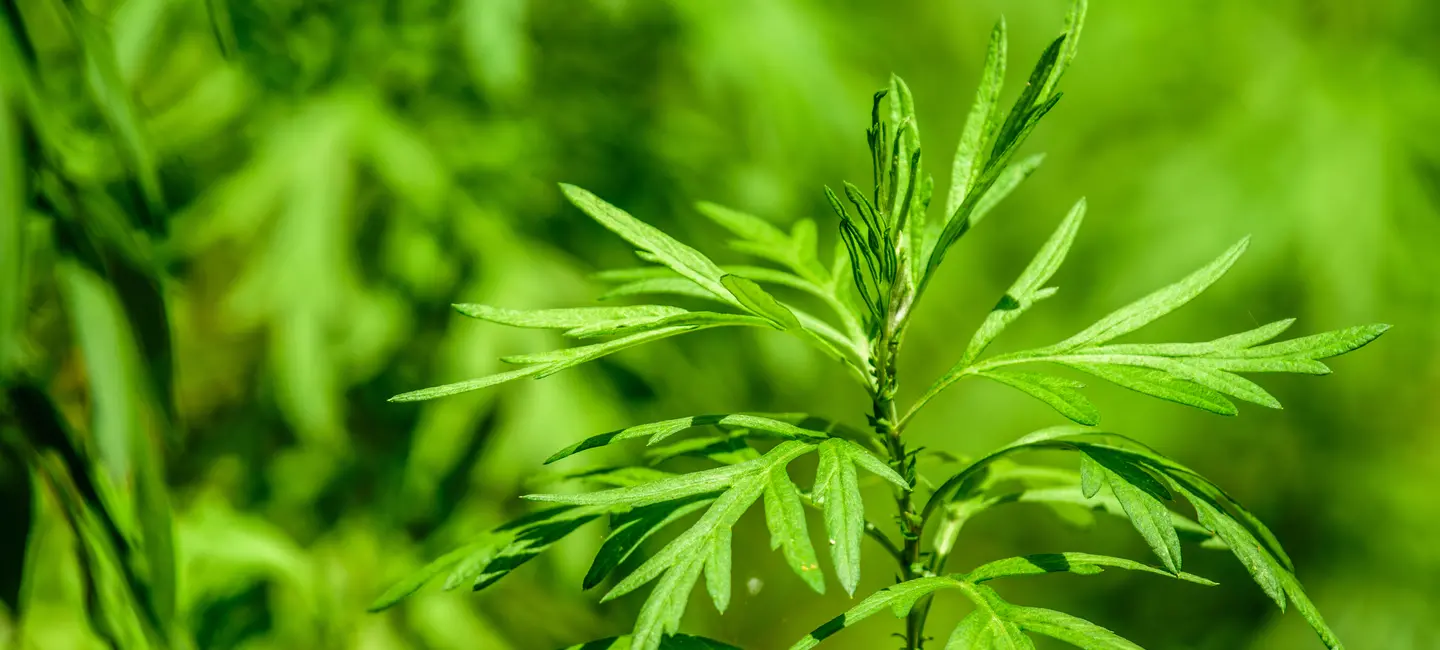
Mugwort (Artemisia vulgaris) is a plant native to Europe, Asia, and Africa. The parts that grow above the ground and the root are used to make medicine.
Chemicals in mugwort might have anti-inflammatory effects. It also contains a chemical called thujone, which might stimulate the uterus.
People use mugwort for anxiety, irregular periods, colic, insomnia, and many other conditions, but there is no good scientific evidence to support these uses.
Don't confuse mugwort with plants with similar common names, including Artemisia herba-alba, tarragon, wormseed, and wormwood. These are not the same.
Is It Effective?
There is interest in using mugwort for a number of purposes, but there isn't enough reliable information to say whether it might be helpful.
Is it Safe?
When taken by mouth: There isn't enough reliable information to know if mugwort is safe. It might cause allergic reactions in some people.
When applied to the skin: There isn't enough reliable information to know if mugwort is safe or what the side effects might be.
Special Precautions & Warnings:
Pregnancy: Mugwort is likely unsafe when taken by mouth during pregnancy. Mugwort might cause the utereus to contract or stimulate a period, which can lead to a miscarriage.
Breast-feeding: There isn't enough reliable information to know if mugwort is safe to use when breast-feeding. Stay on the safe side and avoid use.
Allergies: Mugwort might cause an allergic reaction in people with a variety of allergies, including those to the Asteraceae/Compositae plant family, birch, celery, fennel, wild carrot, honey, hazelnuts, pine nuts, tobacco, and many others.
It is not known if Mugwort interacts with any medicines. Before taking Mugwort, talk with your healthcare professional if you take any medications.
There are no known interactions with herbs and supplements.
There are no known interactions with foods.
There isn't enough reliable information to know what an appropriate dose of mugwort might be. Keep in mind that natural products are not always necessarily safe and dosages can be important. Be sure to follow relevant directions on product labels and consult a healthcare professional before using.
Altamisa, Armoise, Armoise Citronnelle, Armoise Commune, Armoise Vulgaire, Artémise, Artemisia, Artemisia Vulgaris, Artemisiae Vulgaris Herba, Artemisiae Vulgaris Radix, Carline Thistle, Felon Herb, Gemeiner Beifuss, Herbe aux Cent Goûts, Herbe de Feu, Herbe de la Saint-Jean, Herbe Royale, Hierba de San Juan, Nagadamni, Remise, Sailor's Tobacco, St. John's Plant, Tabac de Saint-Pierre, Wild Wormwood.
Information on this website is for informational use only and is not intended to replace professional medical advice, diagnosis, or treatment. While evidence-based, it is not guaranteed to be error-free and is not intended to meet any particular user’s needs or requirements or to cover all possible uses, safety concerns, interactions, outcomes, or adverse effects. Always check with your doctor or other medical professional before making healthcare decisions (including taking any medication) and do not delay or disregard seeking medical advice or treatment based on any information displayed on this website.
© TRC Healthcare 2024. All rights reserved. Use and/or distribution is permitted only pursuant to a valid license or other permission from TRC Healthcare.
